#Начинающий художник
Text
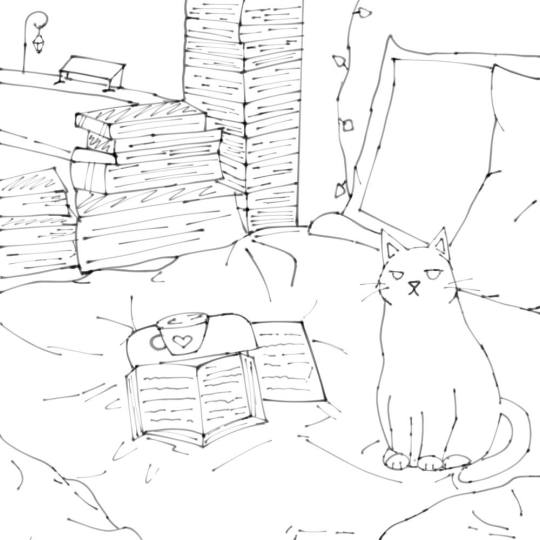
Хэллоу! Hi! Я начинающая художница:)
Оцените мой скетч пожалуйста💗
Please rate my sketch💗
#my art^_^#art#digital painting#sketch#artists on tumblr#digital art#cute cats#рисунок#диджитал арт#мой арт#начинающий художник#fypシ#art on tumblr
12 notes
·
View notes
Text
Поняла, что нарисовала шар достаточно реалистично, когда увидев его боковым зрением, перепутала с чехлом для наушников и попыталась схватить и убрать 🫣🌸
С остальными фигурами (как и базой по рисованию в целом) ещё работать и работать...
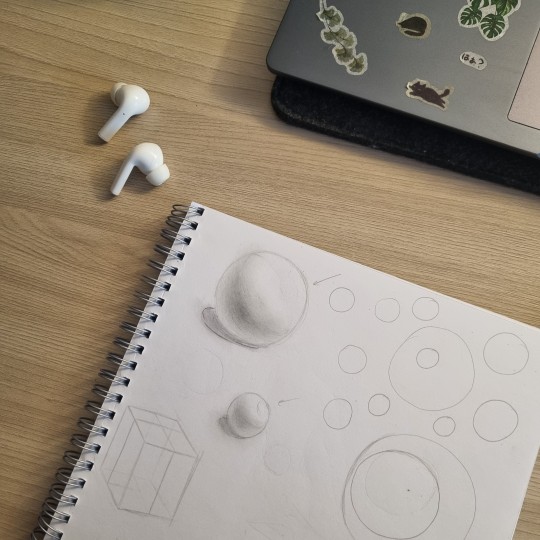
11 notes
·
View notes
Text
The Battle of Borodino on 26 August 1812 by Peter von Hess
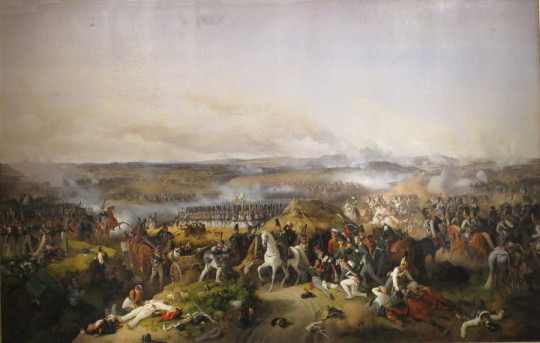
The Battle of Borodino took place near the village of Borodino on 7 September (O.S. 26 August) 1812 during Napoleon's invasion of Russia. The Grande Armée won the battle against the Imperial Russian Army, but failed to gain a decisive victory and suffered tremendous losses. Napoleon fought against General Mikhail Kutuzov, whom the Emperor Alexander I of Russia had appointed to replace Barclay de Tolly on 29 August (O.S. 17 August) 1812 after the Battle of Smolensk. After the Battle of Borodino, Napoleon remained on the battlefield with his army; the Imperial Russian forces retreated in an orderly fashion southwards. Because the Imperial Russian army had severely weakened the Grande Armée, they allowed the French occupation of Moscow, using the city as bait to trap Napoleon and his men. The failure of the Grande Armée to completely destroy the Imperial Russian army, in particular Napoleon's reluctance to deploy his Imperial Guard, has been widely criticised by historians as a huge blunder, as it allowed the Imperial Russian army to continue its retreat into territory increasingly hostile to the French. Approximately a quarter of a million soldiers were involved in the battle, and it was the bloodiest single day of the Napoleonic Wars.
Although the Battle of Borodino is classified as a victory for Napoleon since he and his men managed to capture Moscow, the fierce defense of the Imperial Russian Army devastated the Grande Armée to such an extent that it caused France and its army to become militarily impuissant. Also, the city was actually used as bait to lure and trap the French forces. When Napoleon and his men visited the city, he found that it was burnt and abandoned upon his arrival. While Napoleon was in Moscow, he sent a letter to the tsar who was residing in Saint Petersburg demanding that he surrender and accept defeat. Napoleon received no response. Whilst patiently waiting for an answer from the tsar, as soon as the cold winter and snowfall started to form, Napoleon, realizing what was happening, attempted to escape the country with his men. Seeing that they were fleeing, the Imperial Russian army launched a massive attack on the French. Attrition warfare was used by Kutuzov by burning Moscow's resources, guerrilla warfare by the Cossacks against any kind of transport and total war by the peasants against foraging. This kind of warfare weakened the French army at its most vulnerable point: logistics, as it was unable to pillage Russian land, which was insufficiently populated nor cultivated, meaning that starvation became the most dangerous enemy long before the cold joined in. The feeding of horses by supply trains was extremely difficult, as a ration for a horse weighs about ten times as much as one for a man. It was tried in vain to feed and water all the horses by foraging expeditions. Of the more than 600,000 soldiers who invaded the Russian Empire, fewer than 100,000 returned.
Sources. The Battle of Borodino, from Wikipedia, the free encyclopedia
youtube
#Отечественная война 1812 года#War of 1812#Художник#Начинающий художник#famous artists#Эрмитаж#Hermitage Museum#Russian Empire#Российская империя#История России#Наполеон#Napoleon Bonaparte#Наполеоновские войны#Михаил Кутузов#Mikhail Kutuzov#Peter von Hess#theintexp#Youtube
8 notes
·
View notes
Text
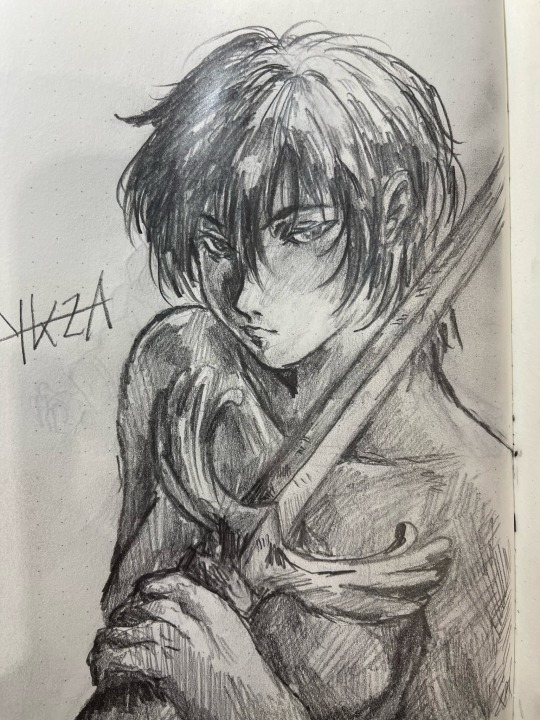
The best woman from Berserk
#casca fanart#berserk#casca berserk#beginner artist#anime art#artists on tumblr#strong woman#grifith#берсерк#начинающий художник#аниме арт#манга#manga
21 notes
·
View notes
Text
Русский
Привет всем! Я решила создать влог от лица своего персонажа а именно злодеки! Джестер. Я буду от ее лица постить записи и т.д. и т.п. также поддержите в вк телеге и ютубе но учтите что все они на русском.
English
Hi all! I decided to create a vlog on behalf of my character, namely the villains! Jester. On her behalf, I will publish notes and photographs (drawings), also support VKontakte in a telegram and on YouTube, but keep in mind that they are all in Russian.
5 notes
·
View notes
Text
ФОРСИНГ
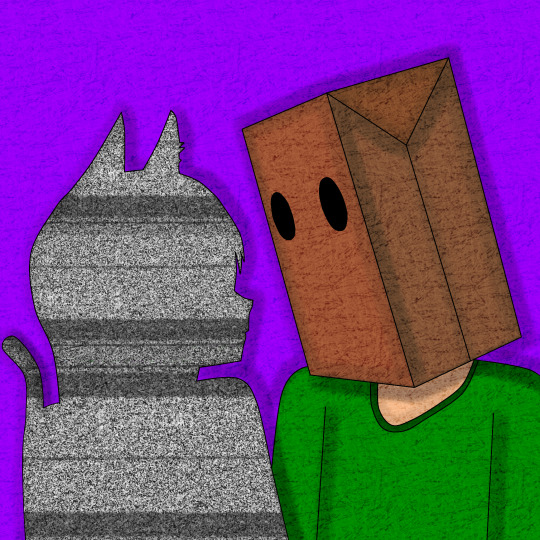

3 notes
·
View notes
Text

3 notes
·
View notes
Text
Сегодня решила сделать свою первую ос, знакомьтесь это Николь, я очень рада что вы цените моë творчество, всем спокойной ночи солнышки❤^^

11 notes
·
View notes
Text

Инстаграм : otohhiko
4 notes
·
View notes
Text
Всякого сюда ...




29 notes
·
View notes
Text
Долго меня не было, хех. Вот вам летающая голова Гоголя
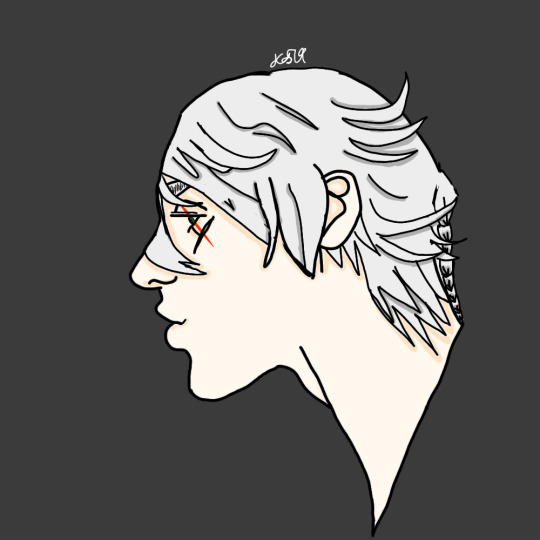
16 notes
·
View notes
Text
Хаку. Чучело какое-то. Чучело какое-то. Оба ос, первый нрав больше по задумке, которая останется навсегда в голове, вторая даже не знаю что это.
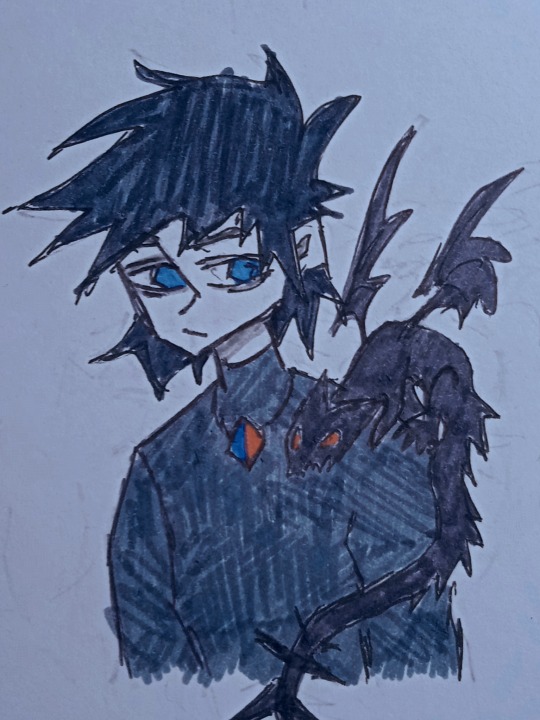


12 notes
·
View notes
Text
Джэйсон мой любимый Робин


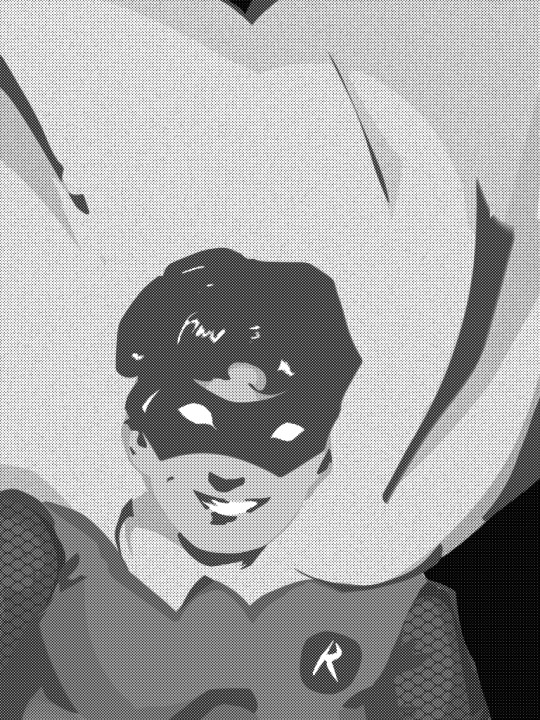
14 notes
·
View notes
Text
The Battle of the Berezina on 29 November 1812 by Peter von Hess

The Battle of (the) Berezina (or Beresina) took place from 26 to 29 November 1812, between Napoleon's Grande Armée and the Imperial Russian Army under Field Marshal Wittgenstein and Admiral Chichagov. Napoleon was retreating back toward Poland in chaos after the aborted occupation of Moscow and trying to cross the Berezina River at Borisov. The outcome of the battle was inconclusive as, despite heavy losses, Napoleon managed to cross the river and continue his retreat with the surviving remnants of his army.
The immediate result of the Battle of Berezina had been simple: the French retreat went on, the Russian Army followed. Although it had been a Russian tactical victory by definition as the losses of the "defeated" outweighed those of the "victor", the victorious Russian force failed to meet its original objectives. Indeed, despite enormous losses, Napoleon was in a position to claim a strategic victory, having snatched what was left of his army from a seemingly unavoidable catastrophe. There would be no large military confrontation for the rest of the retreat, although the incessant harassment of Russian Cossacks and the weather continued to take a toll on the surviving members of the French army.
The losses had been extraordinary. It is estimated that 20–30,000 French combatants became casualties. "To the number of the slain in action must be added probably as many as 30,000 non-combatants." The Guard, which had not come into action at all, lost about 1,500 men out of 3,500. Much, however, had been saved. Napoleon, his generals, 200 guns, the war chest, much of the baggage, and thousands of officers and veteran soldiers had escaped. Overall, approximately 40,000 members of Napoleon's army were saved. Without this core of experienced men, Napoleon could not have rebuilt his armies for the battles of the War of the Sixth Coalition.
According to author Andrew Zamoyski: The next two days were, according to some, among the worst of the entire retreat[...]no fallen horse or cattle remained uneaten, no dog, no cat, no carrion, nor indeed, the corpses of those who died of cold and hunger.
Napoleon left his army on 5 December at Vilna. The temperatures dropped to -33.75 °C on 8 December and the number of combatants was down to 4,300. On 14 December the rest of the French main army crossed the Niemen. 36,000 French prisoners of the Grande Armée were taken by the Cossacks between 1–14 December. The only troops that had remained were the flanking forces (43,000 under Schwarzenberg, 23,000 under Macdonald), about 1,000 men of the Guard and about 40,000 stragglers. No more than 110,000 were all that was left from 612,000 (including reinforcements) that had entered Russia. The Russian losses may be about 250,000 men. Louise Fusil, a French actress, who was living in Russia for six years, returned with the army and offers details in her memoires. In French historiography, Berezina is later associated with disaster.
Sources. French invasion of Russia, The Battle of the Berezina, from Wikipedia, the free encyclopedia
youtube
#Отечественная война 1812 года#War of 1812#Художник#Начинающий художник#famous artists#Эрмитаж#Hermitage Museum#Russian Empire#Российская империя#История России#Наполеон#Napoleon Bonaparte#Наполеоновские войны#Михаил Кутузов#Mikhail Kutuzov#Peter von Hess#theintexp#Youtube
4 notes
·
View notes
Text

9 notes
·
View notes
Text

9 notes
·
View notes